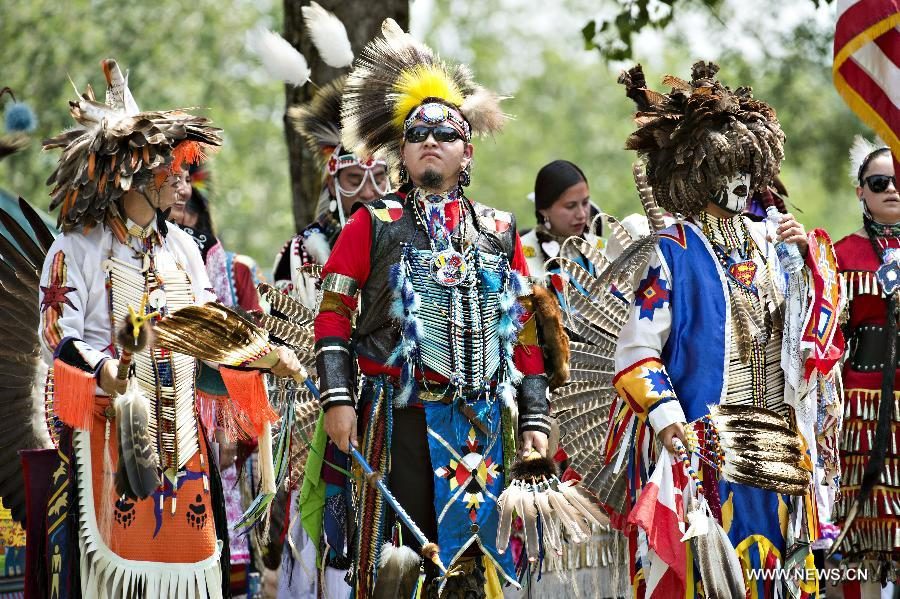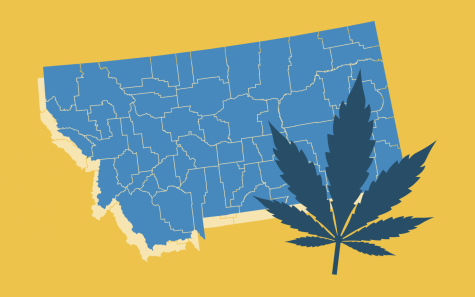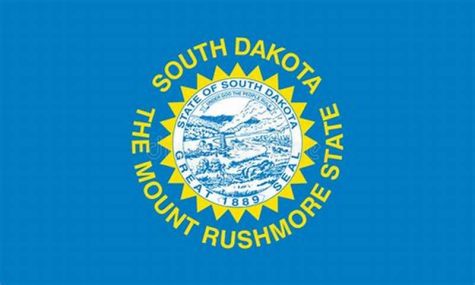American Indian tribes are capitalizing on the hemp and cannabis industries
Collaborations between American Indian tribal communities and cannabis companies are heating up. Up-and-coming partnerships are helping to dismantle the lingering tension that has long-been preventing Indigenous entrepreneurs from getting involved in the cannabis and hemp industries.
One of the latest deals sprouts out of Shinnecock tribal lands, where a vertically-integrated cannabis business is being established between Massachusetts-based multistate cannabis operator (MSO), Tilt Holdings and New York’s Shinnecock Nation cannabis division.
“When we all are doing this together, we all win,” said Chenae Bullock, who serves as the managing director of New York’s Little Beach Harvest and the tribal nation’s cannabis division.
“I call them ancient trade routes. We’ve been doing commerce with tribes since before colonialism,” said Bullock, who noted that tribes are also collaborating as a way of sharing expertise.
Specifically, American Indian communities like the Shinnecock Nation are tapping into the cannabis industry by offering a broad scope of tribal medicine products influenced by their ancestral origins.
“In order for us to be competitive, we had to make it a collaborative, inclusive, sustainable ecosystem,” said the CEO of advanced online cannabis marketplace Everscore, Jeff Sampson.
His company has teamed up with Native American Cannabis Alliance (NACA) to serve tribal communities with the plant.
American Indian tribal communities and cannabis companies: Three tribes will allocate land for cannabis growing
Based on an agreement that was announced this fall, three American Indian tribes – the Arapaho, Cheyenne and Mohawk Nation Tribes – will allocate 500,000 acres of land for cannabis farming activities. Each tribe will join forces with the NACA, which acts as a joint endeavor between Cherokee Nation’s Native Health Matters Foundation and Everscore.
The NACA was initially launched last year with the primary aim of establishing a fulfillment center in Oklahoma that would encourage tribes to partake in the cannabis industry. However, according to founder Tim Houseberg of Stilwell, the initiative expanded beyond initial hopes.
“We just heard story after story about farmers who had the experience and wanted to participate, but they felt like the risk to actually commit to planting was too great because they couldn’t access markets,” said Sampson. “We facilitate the connection between a customer and a brand. We felt like we could facilitate a connection between a brand and a grower — in this case, Indigenous farmers.”
Moving forwards, the alliance is hoping to establish a link between tribal nations and a system of commercial businesses. Should this happen, it will aid with the construction of numerous campuses that can offer an amalgamation of cultivation, distribution, manufacturing, processing, testing and workforce development.
“We’re going to be doing some modeling with various (partners) that are hemp fiber-specific, grain, flower and medical. Now they have a real easy platform to engage with,” expressed Houseberg.
She also expanded upon the way(s) in which alliance-affiliated farmers and tribes will decide what they want to cultivate. Houseberg says that cultivation will depend upon consumer needs, as well as the farmer’s/tribe’s knowledge and experience.
American Indian tribal communities and cannabis companies: Benefits of these business partnerships
As the global economy continues to expand, investors are seeking out ways to remain competitive in a cut-throat business world. Since Native American Indian tribes are considered to be semi-sovereign nations under the U.S. Constitution, tribal nations are an appealing choice for business-related ventures.
Why? Because when commercial entities and tribal nations engage in business partnerships, economic opportunities abound. Moreover, tribal-focused business ventures can help to encourage career development on indigenous lands.
Let’s not forget about the fact that tribes are exempt from paying federal income taxes. Additionally, the sales and state property tax exemptions make tribal enterprises an ideal avenue for cannabis business owners to explore.
NACA anticipates that conversations will kick off between commercial brands and tribal/indigenous farmers this fall. The vision is to ensure that everything is put into place for next year’s cannabis cultivation season.
The aforementioned indigenous-cannabis partnership will see consumers gain access to a broad scope of branded manufactured goods via the Everscore e-commerce platform. Sampson emphasized the importance of maintaining supply chain transparency, so as to ensure that partnerships can be confirmed with numerous tribal nations.
“What we wanted to do was give these brands access to customers, access to technology, access to data with technology very similar to the way Amazon does it for their third-party sellers marketplace,” Sampson added. “The industry is organized vertically, and it’s really hard to compete with the MSOs because it’s their growth, it’s their supply chain, it’s their retail storefront.”








